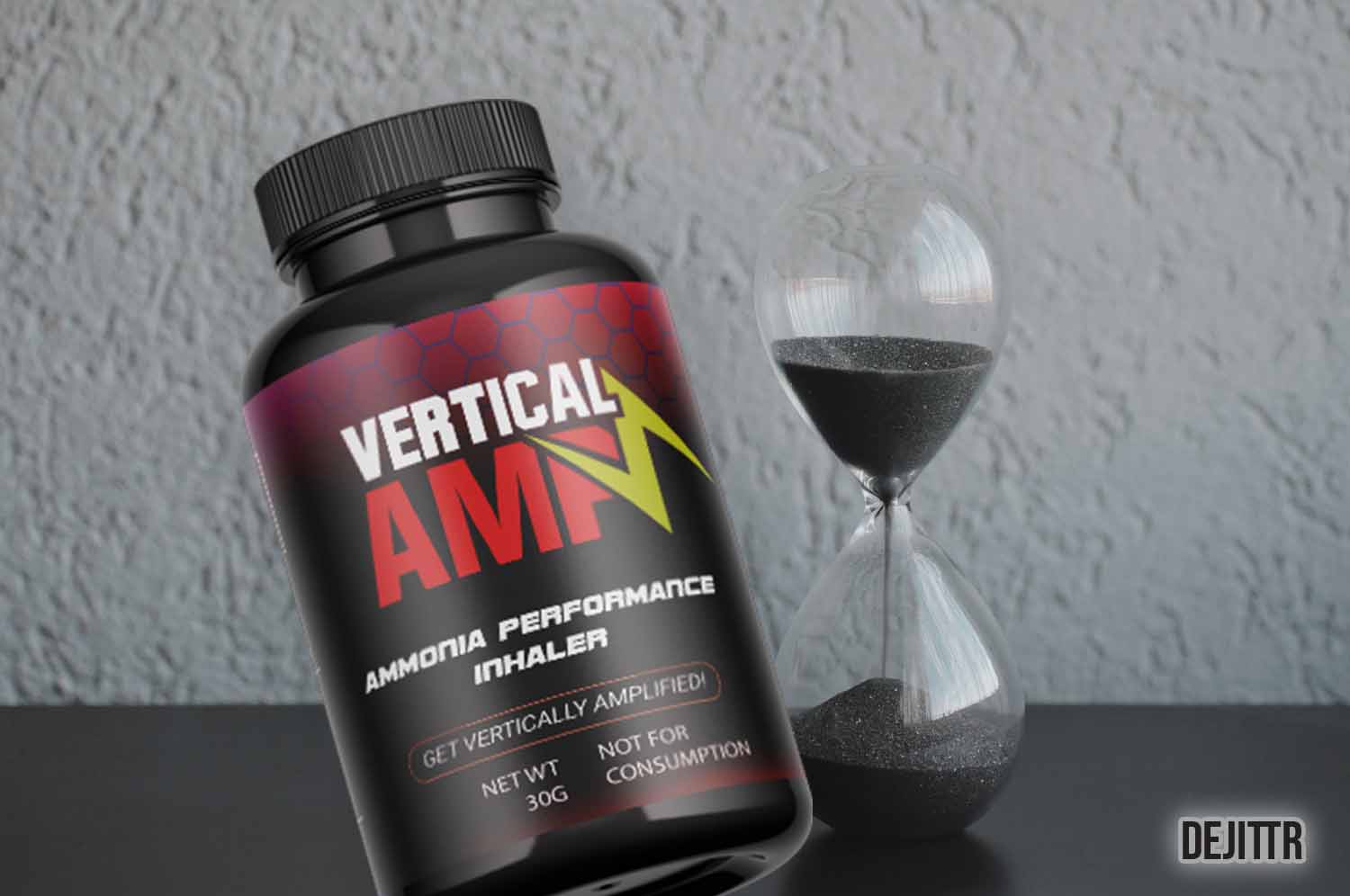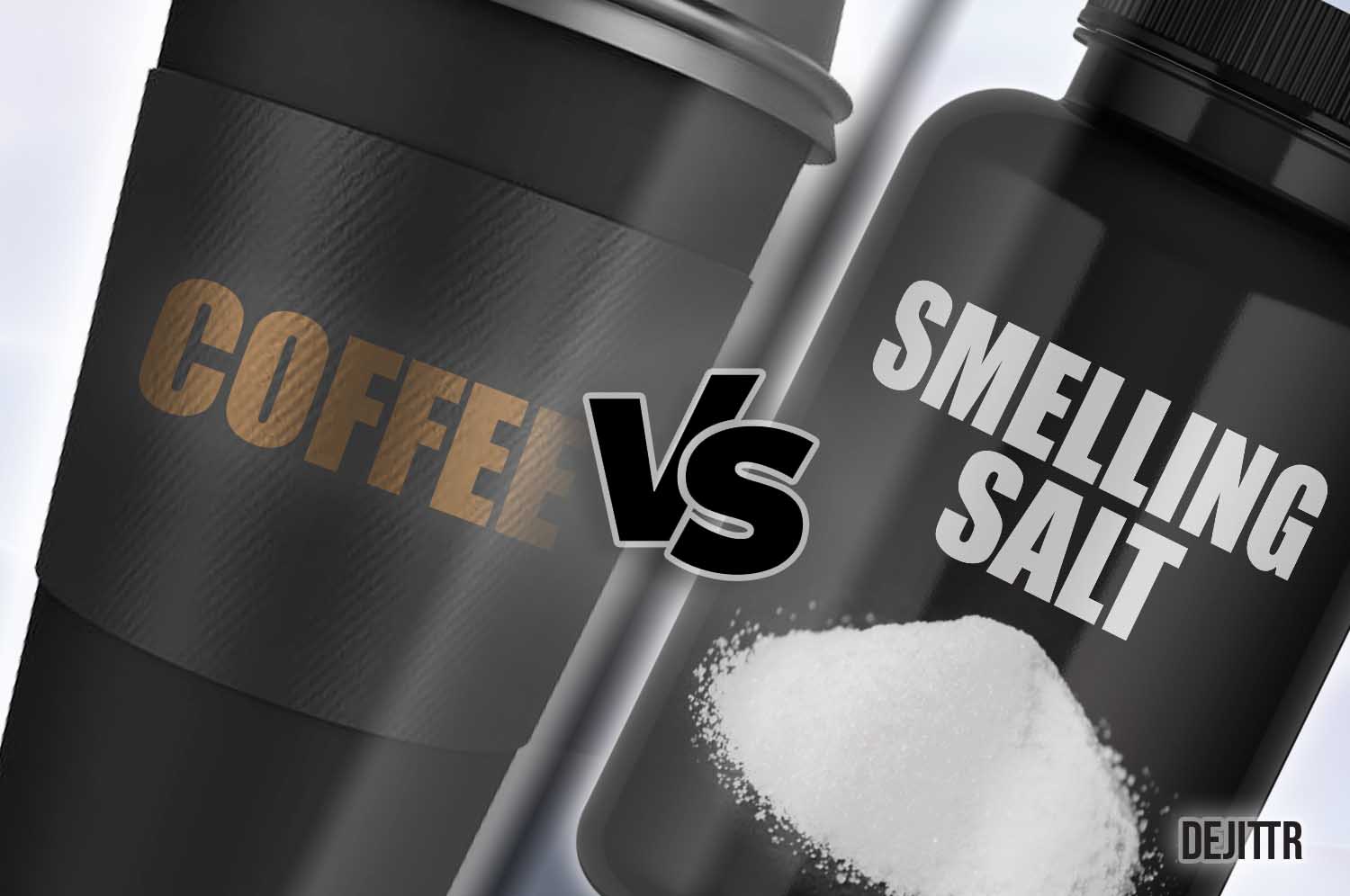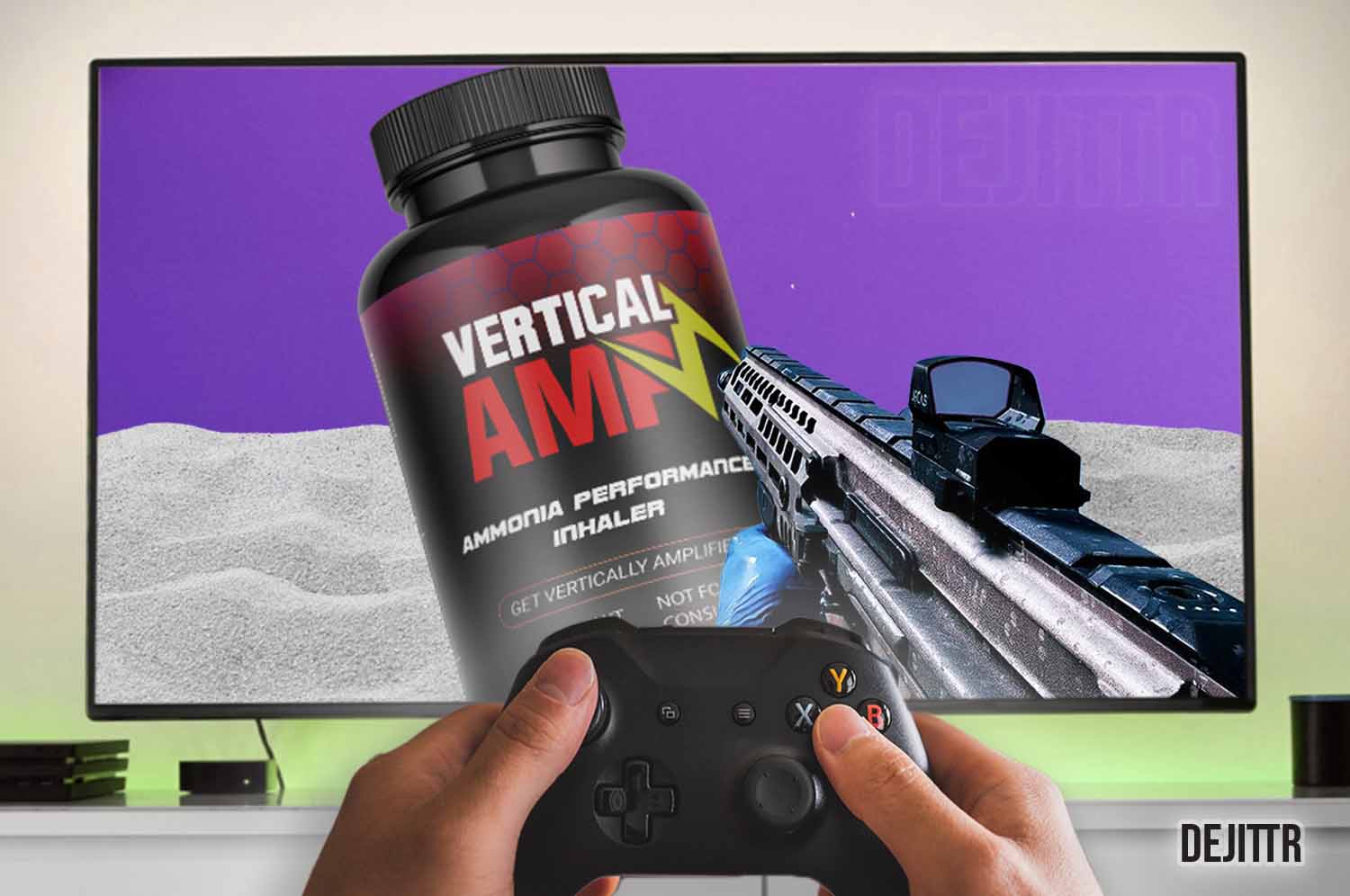Smelling salts have made a quick comeback for athletes, but after their long hiatus from being a go-to treatment for fainting, much of the instructions for use have been lost. One such piece of wisdom that seems to have become extinct is the shelf-life of smelling salts, which can vary depending on how often you use them and how you store them.
Smelling salts last years when sealed in an airtight container. However, with daily or weekly use, the smelling salts lose their effectiveness within three weeks to six months since air and heat exposure gradually cause the ingredients in smelling salts to evaporate and become different chemicals.
Let’s look into the chemistry of smelling salts and rediscover how long they last. I’ll give you all the details in an easy-to-understand way and tell you more about why smelling salts expire and how to make them last as long as possible. So, let’s take a deep breath and dive right in!
Why Do Smelling Salts Expire?
Smelling salts expire because the ammonium carbonate and other ingredients in them evaporate when exposed to air and heat. Over time, all the potent chemicals in your smelling salts will become natural, making them ineffective.
Smelling salts are effective because they contain ammonia, which releases a gas that irritates our sinuses and lungs. However, there are two types of ammonia that you will find in various smelling salt recipes: ammonia spirits and dry ammonium carbonate.
These ammonia types age and react to air differently, affecting the smelling salts’ shelf life. So, let’s break this down and look at what happens as each smelling salt ages.
Ammonium Carbonate Loses Potency Over Time
Ammonium carbonate, also called sal volatile, is the volatile chemical in smelling salts that give you that jolt of energy and air when you smell it.
Most smelling salts that contain pure ammonium carbonate come in a small canister with a screw-on lid and have a white, powdery consistency. They might also contain essential oils to perfume the product.
However, this white salt-like powder has to make it to your nose to work, which is where the chemistry of smelling salts comes in.
Since ammonium carbonate is volatile, it undergoes a chemical reaction when you expose it to air. Once you open your smelling salt container, the oxygen and carbon dioxide in the air will react with the salts, transforming ammonium carbonate into the stable ammonium bicarbonate.
As this reaction occurs, the ammonium carbonate releases carbon dioxide and ammonia gases, which become airborne and make their way into your nose.
However, if you leave air in your smelling salt container, the reaction will continue, even if the lid is on.
Over time, all of the ammonium carbonate in your smelling salts will become ammonium bicarbonate, and the smelling salts won’t work anymore.
Aromatic Spirits of Ammonia Evaporate Quickly
Aromatic spirits of ammonia are the smelling salts you’ll find in single-use tubes. These liquid salts have a shorter shelf life than the smelling salts in small canisters.
Ammonia spirits consist of ammonium carbonate, water, and ethyl alcohol. These ingredients will eventually evaporate when you expose them to air and heat, which is how the ammonia scent travels into your nose.
However, if you expose these smelling salts to air and heat when you are not using them, all the chemicals will vaporize, leaving you with an ineffective product.
Despite the reactivity of ammonia-spirit-based salts, you won’t have to worry too much about the chemicals vaporizing before you use them since they most often come in a small glass tube that you’ll crack open for one-time use. These tubes seal out air and trap the ammonia, water, and alcohol to keep your product potent.
Since these packets generally last longer than most other smelling salts, I never hesitate to recommend them for athletes on the go. If you want to learn more about some of the best-smelling salt packets, check out my other article here.
Still, if you purchased aromatic spirits of ammonia in a bottle, you can expect the expiration date on the container to be accurate. Every time you open the bottle, more vapors escape, and eventually, all that will be left is water and non-gaseous ammonium bicarbonate, which won’t work as a smelling salt.
Can You Use Smelling Salts After the Expiration Date?
You can use smelling salts after the expiration date. Smelling expired salts will not harm you, but they may not be effective if you have opened the container many times since you purchased them.
Using older salts is harmless, but if you’ve already removed the container’s airtight seal, you can’t expect them to smell or work like a new package.
After the ammonium carbonate in your smelling salts transforms into ammonium bicarbonate, it becomes stable and stays that way.
Ammonium bicarbonate doesn’t release ammonia or carbon dioxide, and it’s recognized as generally safe to consume by the FDA. It also doesn’t smell too potent, which makes it pretty ineffective.
So, used and expired smelling salts won’t do much to help you get back on your feet or regain your breath. At the most, it might make you cough a bit, and at the very least, it won’t do anything for you.
Factors That Affect How Long Your Smelling Salts Last
Now that you know why smelling salts expire and that it’s still safe to use them after their expiration date, let’s look at some of the most common factors that cause smelling salts to lose effectiveness over time.
How Frequently You Use the Salts
As I mentioned before, exposing smelling salts to air makes them release the ammonia and carbon dioxide that give you a jolt of energy.
However, there is only so much ammonium carbonate in a container of smelling salts. If you open the container often, you will use up all the pungent gas that your salts can provide.
So, if you use your smelling salts daily, they might stop working before the expiration date. If you use them once every few months, they will likely expire on the expiration date. Still, unopened containers of smelling salts should last indefinitely.
How You Store the Salts
Although I’ve primarily emphasized how air can make smelling salts expire more quickly, heat has the same effect on them. Warmth facilitates the chemical reaction that neutralizes the ammonium carbonate in your salts, especially if you have aromatic ammonium spirits.
Even the warmth from your hand can decrease the shelf-life of your smelling salts, and any temperature fluctuations will affect the potency of your product.
How To Make Your Smelling Salts Last Longer
- Keep your smelling salts cool. Ammonium carbonate, the base ingredient in smelling salts, evaporates and breaks down into water vapor, carbon dioxide, and ammonia when you warm it up. While this reaction is part of what makes smelling salts effective, you should keep yours cool while storing it to ensure that you save up that vapor for when you need it.
- Keep smelling salts away from unnecessary air exposure. If you want your smelling salts to last longer, you must keep them away from air. For that reason, it’s critical to replace the lid on your smelling salts immediately after you have used them, and you should also ensure that the cap is on tight.
- Keep the airtight seal on the salts’ container. Be sure to leave the airtight seal on your smelling salts for as long as possible to ensure they last. In addition, replacing the sheet of plastic, paper, or aluminum under your smelling salts’ cap can help block the air, even if you’ve already opened the container.
- Add less water to your smelling salts. Many ammonium carbonate salts require you to add water to the container before use. Suppose you want products like these to last longer. In that case, you can add a bit less water than the recommended amount, which prevents the ammonium carbonate from becoming ammonium bicarbonate too quickly.
- Add water to reactivate your smelling salts. Ammonium bicarbonate is water-soluble, so adding a bit of water to expired or used smelling salts can loosen up the powder and give the remaining ammonium carbonate more access to air. In adding water to these salts, you can get a bit more out of them, but they won’t be as strong as when you first purchased them.
When Should You Discard Smelling Salts?
You should discard smelling salts after they stop working. In most cases, the serving amount listed on the bottle accurately indicates how many uses you can get out of your salts, but you’ll notice when they have expired since they won’t be as potent.
Since using expired smelling salts won’t hurt you, you should only discard the salts when you feel that they do not work anymore.
When you finally decide to throw them out, you can place them in a standard garbage can. Smelling salts are safe to dispose of at any standard dump or garbage collection center.
Conclusion
Smelling salts don’t have a precise expiration date. Instead, they may expire more quickly if you use them frequently, keep them in a warm spot, or don’t close the lid after using them. Alternatively, they can last for years if you use them every once in a while and store them away from warmth and air.
Photo altered by dejittr.com | Photo attribution: Alexandar Todov













